Add minimum principles on risk criteria
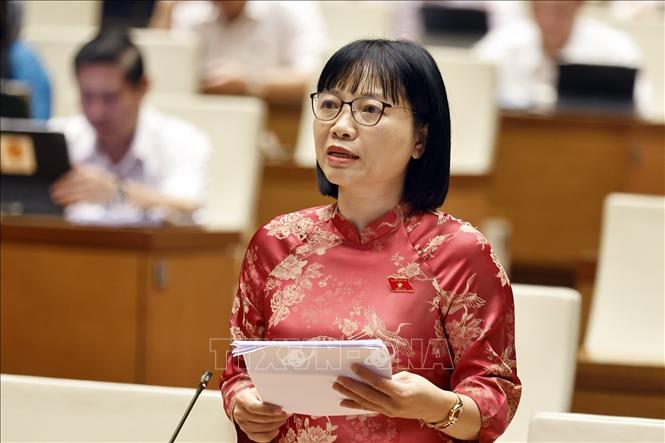
Supporting the legalization of the spirit of “risk acceptance” in science, technology and innovation, delegate Nguyen Thi Viet Nga (Hai Duong) explained that the nature of research and innovation is to accept controlled failure. However, without a transparent mechanism, this provision can easily be abused.
Therefore, delegates proposed to clarify the boundary between acceptable risks such as model errors, experimental failures... and unavoidable violations such as fraud, poor research ethics... Along with that, it is necessary to establish a risk assessment council with in-depth and independent expertise; set up a separate fund for risky research, operate according to the mechanism of "public risk investment", evaluate based on creative potential, not just tangible output.
Sharing the same view, delegate Phan Thi My Dung (Long An) assessed that the regulation on accepting risks in science, technology and innovation activities is a progressive regulation, creating a legal corridor to support the spirit of creativity and experimentation, overcoming many current bottlenecks in research policies, and at the same time institutionalizing the Party's major policies in Resolution 57-NQ/TW. However, the delegate suggested clarifying the boundary between acceptable risks and violations of the law to avoid abuse because risks related to ethics, the environment, and people are difficult to predict and calculate with specific numbers like other fields.
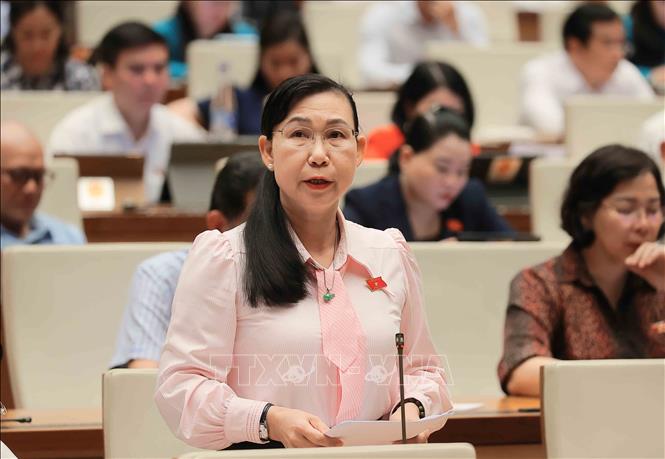
Therefore, delegate Phan Thi My Dung proposed adding a framework regulation on the mechanism for assessing and approving as well as monitoring risks; assigning the Government to specify details to determine the boundary between acceptable risks and intentional violations of the law.
"This procedure needs to be carried out before carrying out science, technology and innovation tasks," said delegate Phan Thi My Dung.
The delegate gave an example: after the Scientific Ethics Council accepts, determines the risk level and preventive measures corresponding to the risk classification (technical, financial, ethical...), if the implementer has complied with all the preventive measures but the risk still occurs, then that risk is accepted.
"This regulation helps avoid controversy over risks or violations of the law if risk assessment/approval is made after the risk occurs," delegate Phan Thi My Dung emphasized.
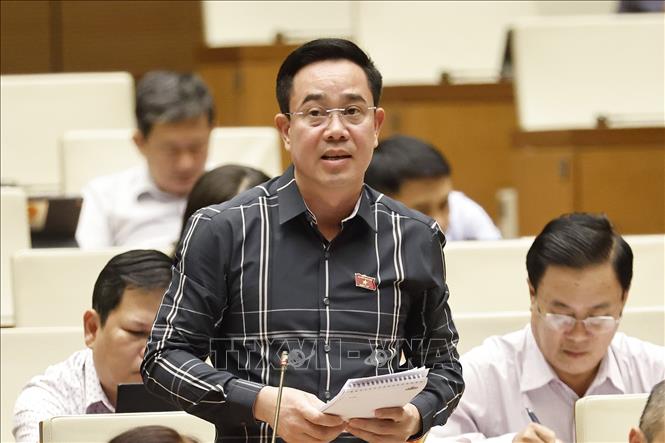
Similarly, delegate Nguyen Van Huy (Thai Binh) also supported the draft regulation that organizations and individuals conducting scientific, technological and innovative research will not be prosecuted for criminal or civil liability for damages caused to the state if they comply with procedures, do not commit fraud or violations, or misuse funds or objectives. This is a new point, inherited from Resolution 193/2025/QH15, creating a favorable environment for research, encouraging creativity and breakthroughs.
However, to ensure feasibility, delegate Nguyen Van Huy said that it is necessary to clarify the definition of "risk" in the context of scientific research, technology and innovation, clearly distinguishing it from subjective errors or violations of research ethics. In addition, there should be a mechanism to allow organizations and individuals not to be held civilly liable for damages caused to the state affecting the community; supplement regulations on measures to protect the rights of third parties (not directly involved in research but may be affected); supplement regulations on establishing a monitoring, evaluation and periodic reporting mechanism to control and promptly handle arising risks.
Delegate Nguyen Van Huy also suggested that the drafting agency continue to research, review, and supplement principles to minimize risks; and strictly regulate to avoid abuse of risk acceptance regulations, and avoid loss and waste.
Legalization of controlled testing mechanism
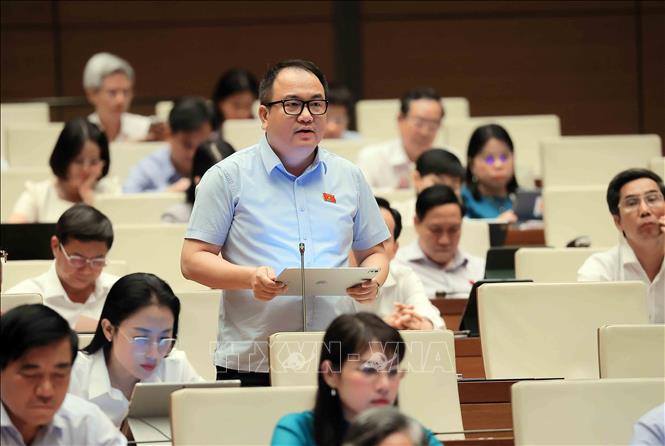
Also giving his opinion on the controlled testing mechanism, delegate Pham Trong Nghia (Lang Son) suggested adding criteria for selecting pilot projects such as high innovation, applying technology in priority areas such as digital technology or green technology; having the potential for significant socio-economic impact and having a clear risk management plan, ensuring safety for participants and the environment.
In addition, the draft Law stipulates exemption from criminal liability; allows the use of civil liability instead of criminal liability for organizations and enterprises; however, there are no specific regulations on criteria and authority to decide on exemption. Therefore, delegate Pham Trong Nghia proposed to amend the corresponding provisions in the Penal Code to, on the one hand, encourage legal innovation, and on the other hand, not to let criminals escape and avoid widespread experimentation, which is harmful to society.
Regarding this issue, delegate Nguyen Hoang Bao Tran (Binh Duong) pointed out the fact that in the process of performing state management tasks on science and technology in the locality, many research topics after acceptance are not applied in practice, causing waste of resources and reducing confidence in the effectiveness of investment in science.
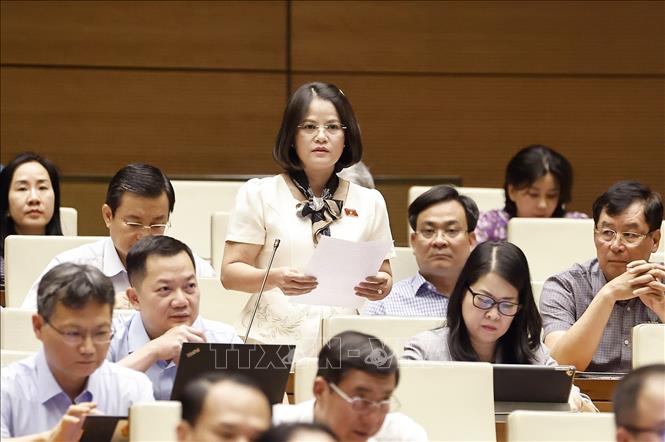
For the first time, regulations on controlled testing mechanisms are included in the law, allowing the Government to specify in detail each type, field, and subject of testing, creating a common legal framework, applicable in many fields, especially in new technologies such as AI, digital medical applications, digital transformation...
"This is a very important door for new models and technologies to emerge and develop. However, to truly promote the intended meaning, it is necessary to legalize the controlled testing mechanism (sandbox) in the Law to create a clear and unified legal basis; strengthen the coordination role of the Government and the responsibility for inter-sectoral coordination; ensure the rights and obligations of organizations and individuals participating in testing are clearly defined and legally safe," said delegate Nguyen Hoang Bao Tran.
On the other hand, according to delegate Nguyen Hoang Bao Tran, the draft also needs to clearly stipulate that subjects licensed for testing in accordance with the provisions of law will not be handled if there is negligence within the scope of testing; the responsibility of the Government and relevant agencies and units in regulating and promulgating the list of industries and occupations permitted for testing, censorship, testing time and evaluating results, coordinating implementation closely, synchronously and publicly so that good models can be replicated.
Source: https://doanhnghiepvn.vn/tin-tuc/can-lam-ro-ranh-gioi-rui-ro-trong-hoat-dong-khoa-hoc-cong-nghe-va-doi-moi-sang-tao/20250514072415122




![[Photo] Prime Minister Pham Minh Chinh chairs conference on anti-smuggling, trade fraud, and counterfeit goods](https://vphoto.vietnam.vn/thumb/1200x675/vietnam/resource/IMAGE/2025/5/14/6cd67667e99e4248b7d4f587fd21e37c)



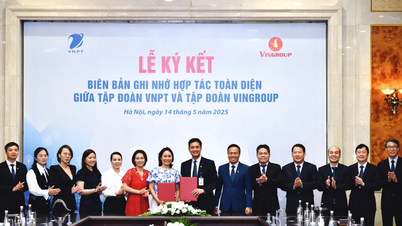



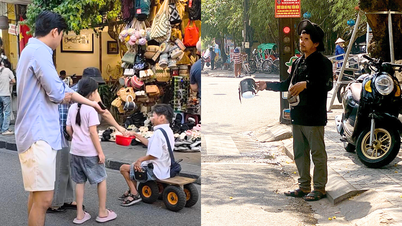
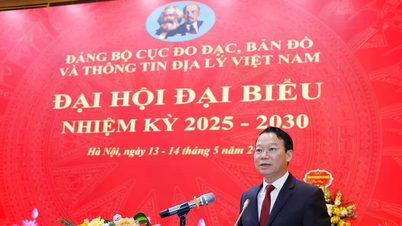




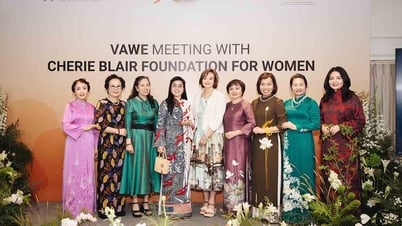

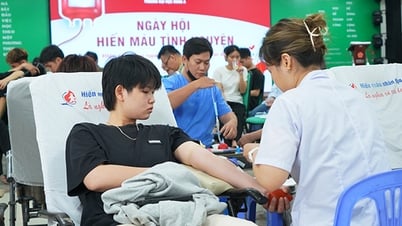
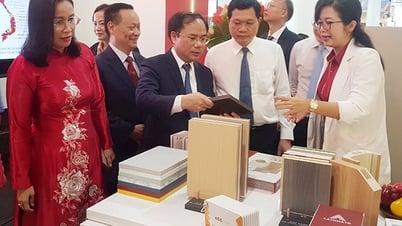

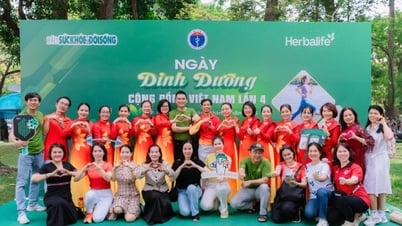











































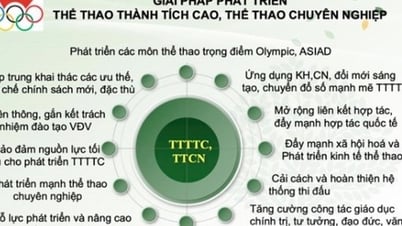


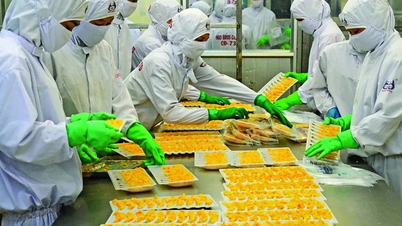




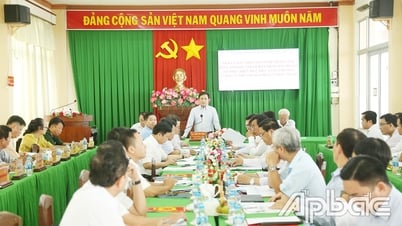

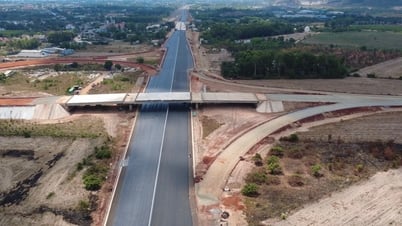

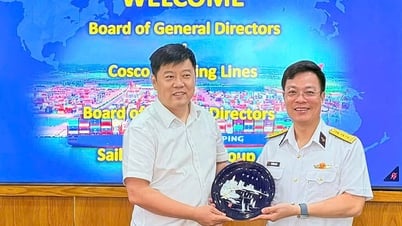
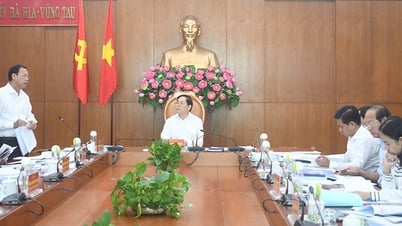
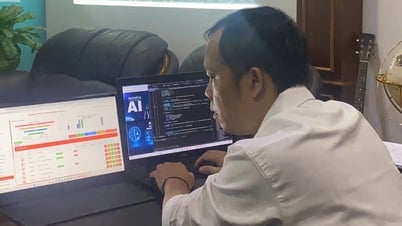









Comment (0)